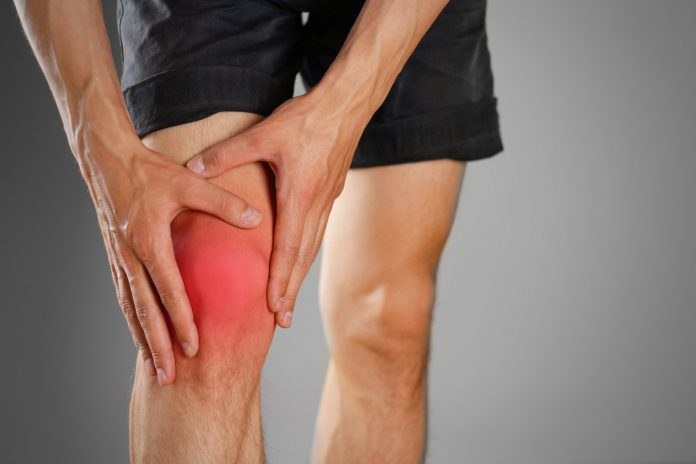According to The Medical Journal of Australia young Australians are at most risk of ACL (anterior cruciate ligament) knee injuries, with studies showing a 74% increase in knee surgery in people under 25 years of age since 2000.
It’s said that about half of those who’ve had a knee reconstruction develop knee arthritis in their 30s, which often leads to a less active lifestyle and potentially even a knee replacement in middle-age.
Driven by her own ACL injury, La Trobe University researcher, Dr Brooke Patterson, a former basketballer and AFLW footballer, is driven to prevent the rise of this crippling condition and keep people playing sport for longer.
“Most people stop going to the physio about six to 12 months after knee surgery, but that’s too soon,” says Dr Patterson.
“Our research shows that about a third of people still have pain and restricted movement after a year.
“As pros, we get plenty of support from physios, but players at all levels deserve better rehab and injury prevention.”
The knee is one of the most complex joints in the body, and the ACL is like a rope connecting your shinbone to your thigh bone.
It’s just 3cm long, but with the help of your muscles, it keeps your knee stable. ACL injuries accelerate the development of osteoarthritis because the injury changes how the knee works, and the trauma affects the cartilage and other knee tissues.
The researchers designed an exercise program focused on the lower leg, to do at home or in the gym three times a week, which built knee strength with heavy leg weights, jumping and agility exercises.
It was supported by education on injury prevention and the risk of arthritis.
“Exercise therapy and education is how we treat older people with arthritis, but researchers had never asked whether similar interventions could work for young people,” says Dr Patterson.
“Almost every person who completed our new program said they had less pain and better quality of life.”
The study shows the importance of long-term rehab focused strength and functional goals, rather than physio that runs to a set timeline.
Randall Cooper, a former physiotherapist for the Hawthorn Football Club and creator of the Melbourne ACL Rehab Guide, says you don’t have to be an athlete to see the benefits of a regular strength routine.
“Weekend warriors need to think about strength and conditioning just like elite footballers, especially after an injury,” says Mr Cooper.
“Regular workouts focused on strengthening joints and supporting old injuries is critical in keeping your body functioning well and preventing arthritis symptoms.”
The first phase of the study was a small proof of concept trial for 27 people with persistent knee symptoms after surgery. The research team is now looking ahead to a large-scale trial.









